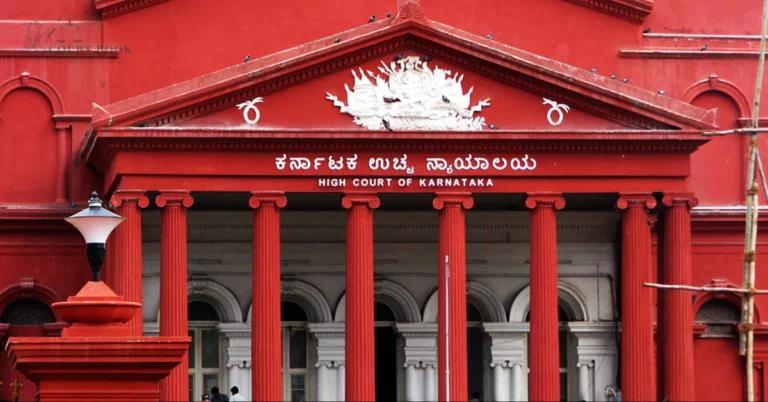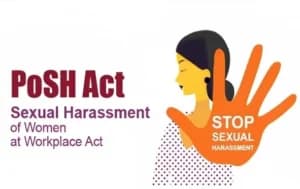The Karnataka High Court, in a significant ruling, refused to quash the Protection of Children from Sexual Offences (POCSO) case against former Chief Minister BS Yediyurappa. However, the court found the trial court's order taking cognizance of the case to be "bald, laconic, and cryptic," making it legally unsustainable.
Justice M. Nagaprasanna, who delivered the judgment, emphasized that while there was sufficient material to warrant an investigation, the trial court's order failed to reflect the necessary judicial application of mind.
Read Also:- Supreme Court Upholds Karnataka Transport Law: Repeal of 1976 Act Valid Without Fresh Presidential Assent
"The order of taking cognizance and issuing of process does not bear even a semblance of application of mind. It runs completely counter to the necessity under Section 190(1)(b) or Section 204 of the CrPC as elucidated by the Apex Court," the judge observed.
Consequently, the High Court quashed the trial court's cognizance order but allowed the investigation and prosecution to continue.
Background of the Case
The case originated from a complaint filed by a woman who alleged that BS Yediyurappa molested her 17-year-old daughter. The incident reportedly took place when they visited the former Chief Minister’s residence seeking help in a business fraud case.
Read Also:- SC Upholds Kerala High Court's Direction to Register FIRs on Women's Exploitation in Malayalam Cinema
The complainant, who later passed away due to illness, stated in her police report that Yediyurappa "sexually harassed" her daughter and later attempted to suppress the matter by offering money.
Following this, the police registered a First Information Report (FIR) on March 14, 2024, under:
- Section 8 of the POCSO Act – pertaining to sexual assault of a minor.
- Section 354(A) of the Indian Penal Code (IPC) – related to sexual harassment.
Read Also:- Supreme Court Directs Petitioner to Approach High Court in Contempt Case Over Demolition in Sambhal
Later, the Crime Investigation Department (CID) took over the case and added additional charges under:
- Section 204 IPC – destruction of evidence.
- Section 214 IPC – offering property or gifts to suppress legal proceedings.
- Section 37 IPC – cooperative acts in an offense.
Court's Findings on Evidence
One of the most crucial pieces of evidence in the case was an audio recording submitted by the complainant. The forensic analysis confirmed that the voice in the recording belonged to Yediyurappa and that the device used to record the conversation had not been tampered with.
Read Also:- SC Grants Interim Police Protection to Discovery Channel Officials Amid Threats Over Asaram Bapu Documentary
However, the court clarified that forensic evidence alone did not establish guilt:
"These matters would undoubtedly require to be thrashed out in a full-blown trial," Justice Nagaprasanna stated.
Deficiencies in the Trial Court Order
The High Court noted serious flaws in the trial court's order dated July 4, 2024, which took cognizance of the case. According to the High Court, the order merely stated that it was satisfied with the prima facie material without elaborating on the reasoning.
"The trial court is not expected to be a post office to the prosecution," the judge remarked, emphasizing that a court must demonstrate a proper application of legal principles when taking cognizance of a case.
As a result, the High Court set aside the trial court’s cognizance order, directing it to reconsider the final report and issue a well-reasoned order.
Read Also:- Supreme Court Acquits Man Convicted of Rape and Kidnapping, Citing Marriage and Children
Despite quashing the trial court’s cognizance order, the Karnataka High Court did not dismiss the case. Instead, it instructed the lower court to re-examine the final report submitted by the CID and pass a fresh order based on proper legal application.
Additionally, the High Court granted anticipatory bail to Yediyurappa, preventing his immediate arrest but allowing the legal proceedings to continue















